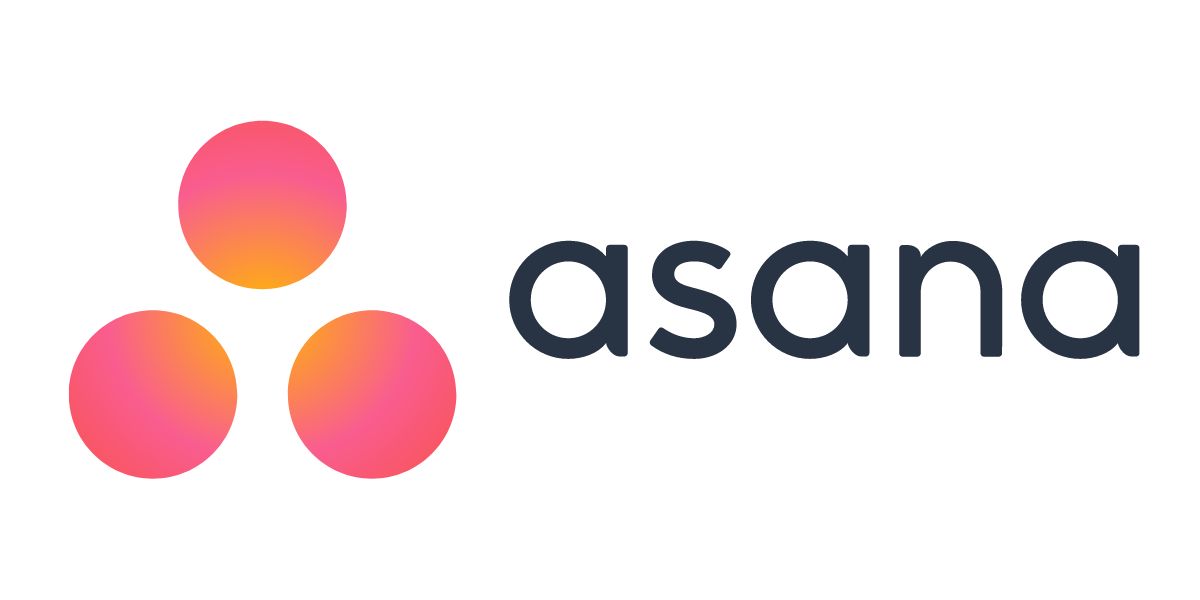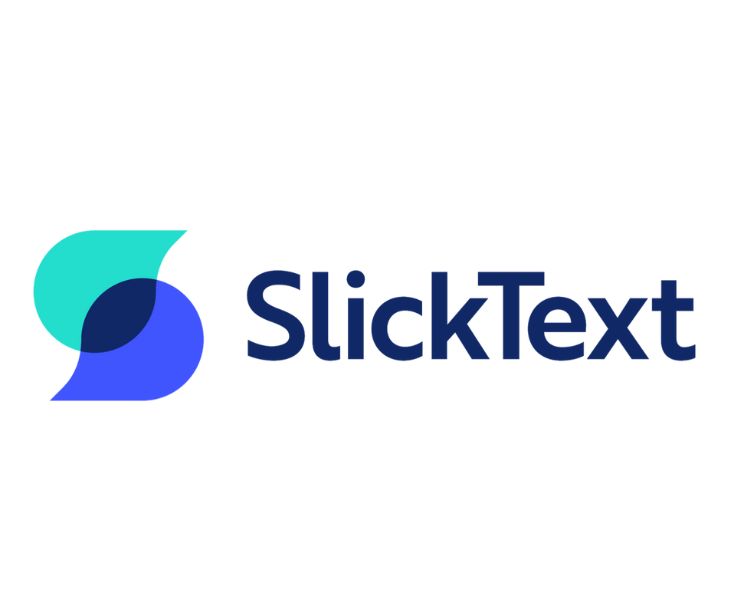
Asana is widely used by organizations seeking efficient project management and collaboration tools. However, when it comes to industries that handle sensitive personal health information, such as healthcare providers, it is crucial to ensure compliance with HIPAA regulations. This article will determine whether or not Asana is HIPAA compliant.
What is Asana?
Asana is a project management and collaboration tool designed to streamline workflows, enhance productivity, and foster effective team communication. Its intuitive interface and many features, including task management, project tracking, file sharing, and real-time collaboration, make it a popular choice across industries.
On their website, they boast the implementation of the following security measures to protect sensitive data and foster HIPAA compliance:
- User access controls: Asana provides flexible access permissions, allowing administrators to define roles and permissions for individuals or teams, ensuring that PHI is accessible only to authorized personnel.
- Data encryption: They employ industry standard encryption protocols to safeguard data transmission and storage. This encryption ensures that information remains secure, both in transit and at rest.
- Two-factor authentication (2FA): Asana states that it offers an additional layer of security by supporting 2FA, reducing the risk of unauthorized access to user accounts.
- Audit logs: Asana claims to maintain comprehensive audit logs, which track user activity, document changes, and monitor account usage. These logs aid in traceability and accountability.
- Data backup and recovery: It regularly backs up data and implements disaster recovery measures, ensuring information availability and integrity.
What is a business associate?
Under HIPAA, a business associate refers to an external entity that performs certain functions or activities on behalf of a covered entity (e.g., a healthcare provider or health plan). Business associates are required to comply with HIPAA regulations to protect PHI and are expected to enter into a business associate agreement (BAA) with the covered entity.
Business associate agreement provisions
A BAA is a contract that establishes the obligations and responsibilities of a business associate regarding the protection of PHI. It outlines parameters for data handling, privacy safeguards, breach notification procedures, and the implementation of appropriate security measures. A BAA is a legal safeguard, ensuring that business associates are held accountable for maintaining HIPAA compliance.
Related: Business Associate Agreement provisions
Asana and the BAA
Asana has a section on how they ensure HIPAA compliance on their website. They offer their customers the option to sign a BAA. Asana provides details on the process of doing so should healthcare organizations and other covered entities require this. They also list their limitations and state, "PHI (Personal Health Information) should only be entered into project or task descriptions, task titles, custom fields on tasks, comments, and attachments on tasks."
Is Asana HIPAA compliant?
Given the option of a signed BAA and the security measures stated on their website, Asana can be HIPAA compliant. Even though Asana offers robust security features, the covered entity is responsible for ensuring compliance when utilizing Asana or any other service provider.
Subscribe to Paubox Weekly
Every Friday we'll bring you the most important news from Paubox. Our aim is to make you smarter, faster.





